Credits Derek Keats fromJohannesburg, South Africa
GCS Wild Flight – Connecting Eco-Schools on the flight path of Amur Falcon (Mongolia, India and South Africa) launched at the 13th COP of the Convention on the Conservation of Migratory Species of Wild Animals (CMS)
Six Eco-Schools in the three countries along the Amur Falcon´s migratory route will collaborate and learn about sustainability challenges.
““The project will provide a more “holistic” approach to an understanding about migration in the context of both ecosystems and how it impacts society in terms of sustainable livelihoods.” ”
Foundation for Environmental Education’s members implementing Eco-Schools in India, Mongolia and Siuth Africa are collaborating on the innovative project. The initiative is being led by the Centre for Environment Education in partnership with the Information and Training Centre for Nature and Environment in Mongolia and Wildlife and Environment Society of South Africa (WESSA) in South Africa. The pilot initiative “GCS Wild Flight” with the focus on the Amur Falcon was launched at the 13th COP of the Convention on the Conservation of Migratory Species of Wild Animals (CMS) organized by UN Environment, which was held 15-22nd of February in Gandhinagar, Gujarat, India.
“The GCS Wildflight initiative goes to the heart of what CMS is all about as it connects schools in different countries over the migratory path of the Amur Falcon”
The Amur Falcons are fascinating migratory raptors that make the 22,000 km voyage from breeding grounds in Mongolia, Russia, and China across India to winter in Southern Africa (read more). However, a lot remains to be discovered about this species. GCS Wild Flight initiative aims to address this issue and involve two Eco-Schools each from the three countries in the process of discovering and learning about these interesting birds, their migratory pattern, life cycles, conservation challenges and stories associated with them. This will be all possible also thanks to the E-Twinning using the technology and webinar of the Eco-Schools.
Amur Falcon. Credits: Bernard DUPONT
“Falcon is a traditional and historical symbol of Mongolia. The initiative is a good way to connect with natural and cultural heritage”
The school-communities in the three countries embarked on a common journey of learning, building communication and facilitating exchange. GCS Wild Flight follows the Eco-Schools´ 7 Steps methodology that will enable the students to be involved in the whole process, from exploring issues to finding solutions and taking local action.
Map by Jillian Ditner; source: BirdLife International Data Zone. See larger image.
“We plan to link the schools with an organisation which worked with Amur Falcon last year when a large number of them were affected due to unseasonal hail storm, one of the impacts of climate change. ”
Each partner and national operator involved in the project brings specific local knowledge and engages their community. The initiative is also exploring the possibility of further partnerships with wildlife and education experts, who have worked on this species. Each school involved in the programme will make a presentation to other countries through a webinar while the bird is visiting their country.
This exciting project has been already launched in India and Mongolia; South Africa will officially commence on the 13th of March.
“The pilot project will provide us with a template to connect children with issues beyond their countries and develop an understanding that we all live on One Earth.”



